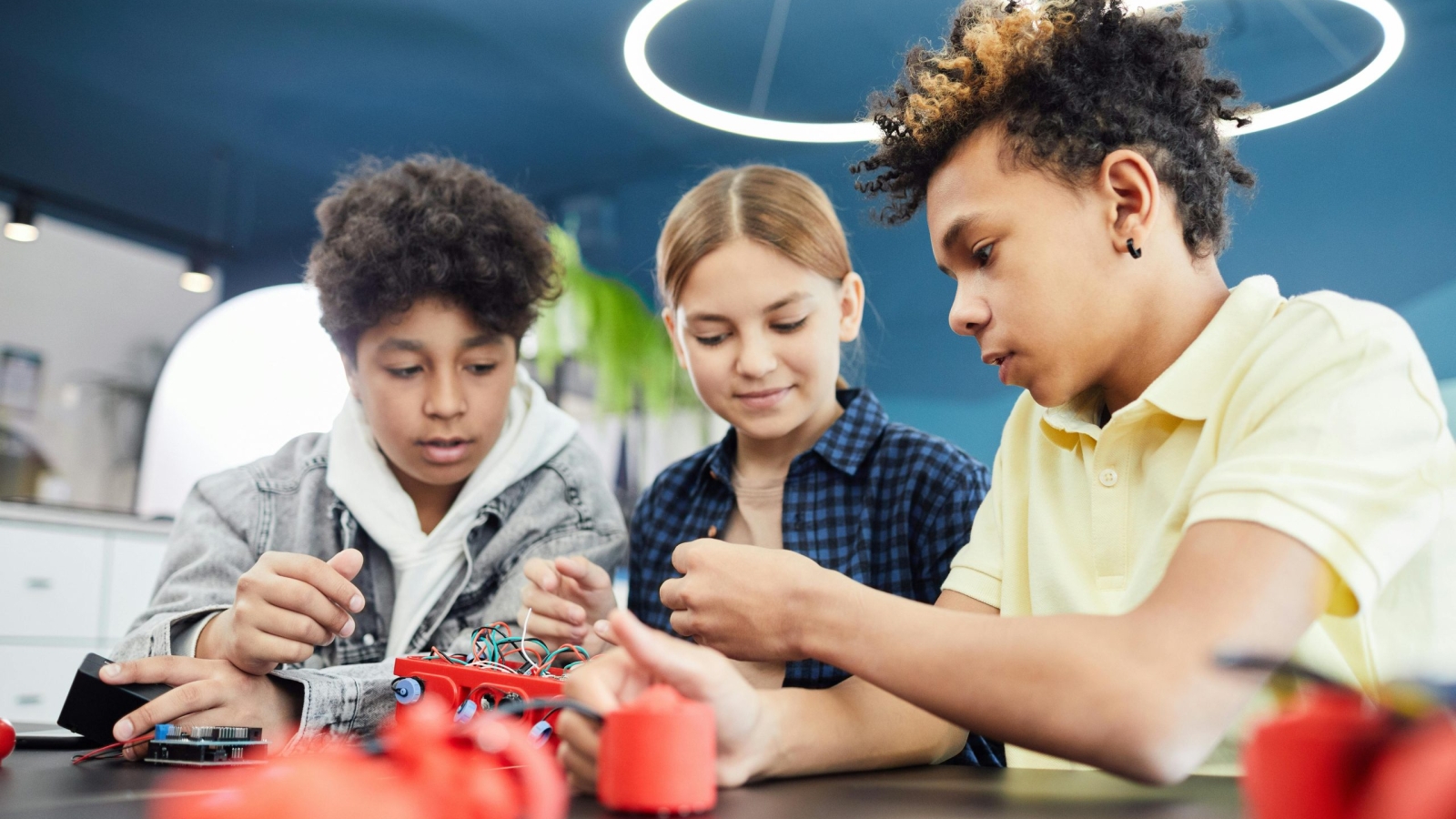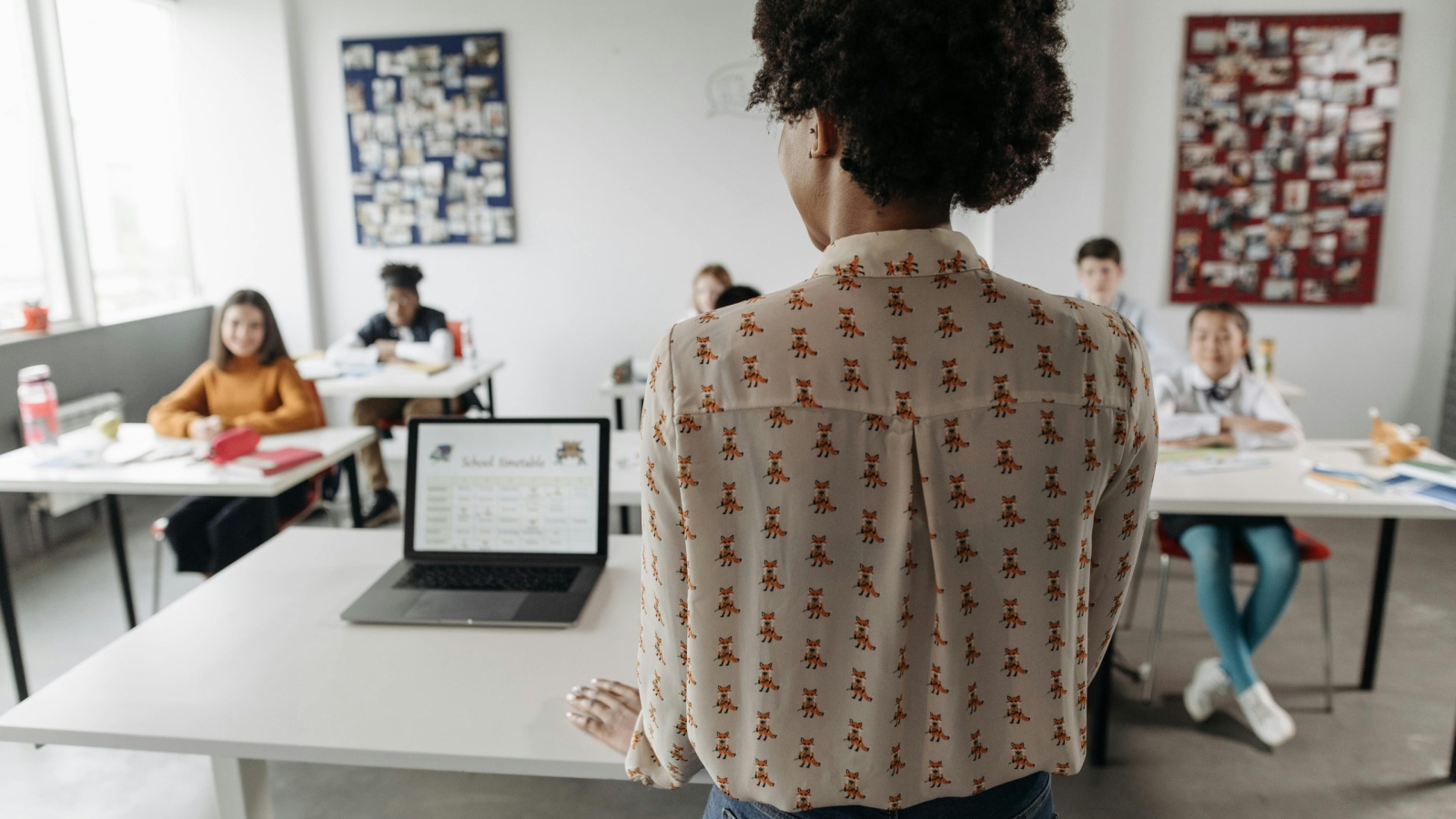School trips are more than just a break from the classroom—they are opportunities for students to develop important life skills, such as confidence and independence. Stepping out of familiar environments into new experiences allows students to grow socially, emotionally, and academically.
Let’s explore how school trips play a key role in shaping these essential traits in students.
The Role of School Trips in Building Confidence
1. Facing New Challenges
Whether it’s navigating a museum exhibit, participating in a group activity, or trying something completely new, school trips push students out of their comfort zones. Each small success builds their confidence in their abilities.
2. Social Interaction
Being in a new setting encourages students to communicate and collaborate with peers outside their usual social circles. This helps improve teamwork, communication skills, and self-assurance in social situations.
3. Developing Decision-Making Skills
From managing their belongings to following a schedule, school trips give students a chance to make decisions and take responsibility for their actions. This fosters a sense of independence and self-reliance.
Encouraging Independence Through Field Trips
1. Experiencing New Environments
Traveling to a different location exposes students to unfamiliar surroundings. Whether it’s a bustling city, a historical site, or a natural reserve, these experiences teach students to adapt and thrive in new settings.
2. Taking Ownership of Learning
On a field trip, students are active participants in their learning. Exploring exhibits, asking questions, and engaging in activities puts them in charge of their educational experience, encouraging independent thinking.
3. Managing Time and Responsibilities
Students often need to manage their time during a trip, such as knowing when to meet their group or how to make the most of their time at a destination. These small responsibilities contribute to building independence.
Destinations That Foster Growth
Certain types of trips are particularly effective at promoting confidence and independence:
- Outdoor Adventures: Activities like hiking, team-building exercises, or exploring nature reserves challenge students physically and mentally.
- Cultural and Historical Visits: Trips to museums, historical sites, or cultural centers expose students to new perspectives and encourage curiosity.
- STEM-Focused Destinations: Visits to science centers, technology hubs, or engineering sites allow students to engage with problem-solving activities that boost critical thinking.
How Educators Can Support This Growth
- Prepare Students Beforehand: Provide students with an itinerary and discuss expectations to help them feel prepared.
- Encourage Participation: Motivate all students to step out of their comfort zones and try new experiences.
- Reflect on the Experience: After the trip, facilitate discussions or activities where students can share what they learned and how they grew.
Conclusion
School trips are about more than just learning—they’re opportunities for students to build confidence, gain independence, and develop life skills. These experiences shape well-rounded individuals who are ready to tackle challenges both inside and outside the classroom.
By carefully planning trips that encourage growth, educators can provide students with memories and skills that last a lifetime.



